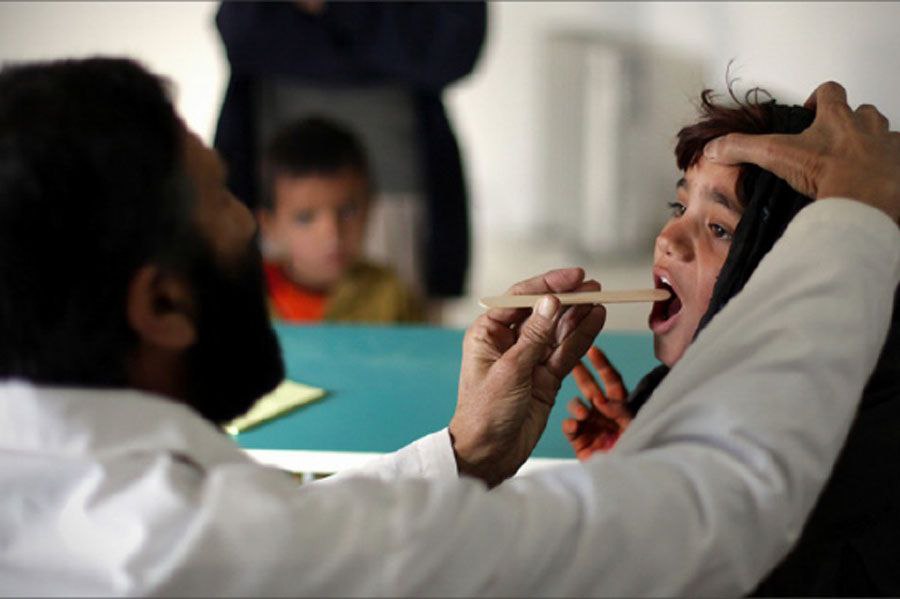KABUL, Afghanistan — The World Health Organization reported a 30% increase in malaria cases in Afghanistan in 2023. The announcement, made in conjunction with World Malaria Day, indicated that Afghanistan recorded 180,718 malaria infections last year.
Afghanistan ranks fifth in the Eastern Mediterranean region in terms of malaria prevalence, with 77% of the population living in areas at risk of the disease.
The majority of malaria cases in Afghanistan are concentrated in the eastern part of the country, particularly in Nangarhar.
The WHO highlighted that displaced children, pregnant migrant women, and refugees are especially vulnerable to contracting malaria.
The United Nations emphasized the need to intensify efforts to combat malaria not only as a health issue but as a matter of equality, aiming to eliminate discrimination and bring healthcare closer to people’s residences.
Recent climatic changes and a series of floods have exacerbated the situation, with the WHO noting that climate fluctuations, including heatwaves, are contributing to the rise in malaria cases.
Experts assert that timely diagnosis and awareness are crucial in controlling the disease.
This surge comes after Afghanistan was reported to have the third-highest incidence of malaria globally in 2022, with 125,000 people infected during the year.
Malaria is a contagious disease transmitted through the bite of the female Anopheles mosquito and can be fatal in some cases.
Fever and chills are identified as the primary symptoms of the disease by medical professionals.




